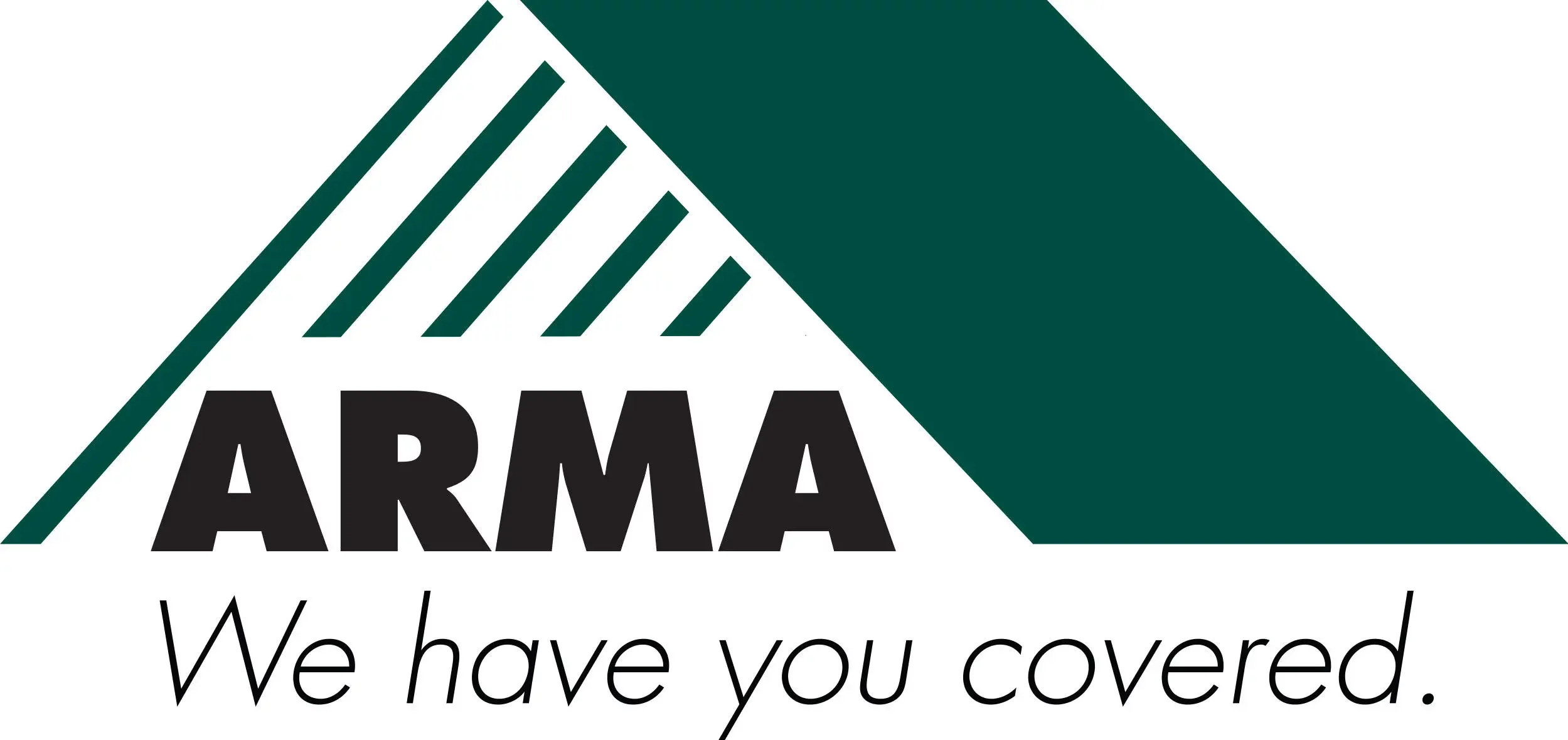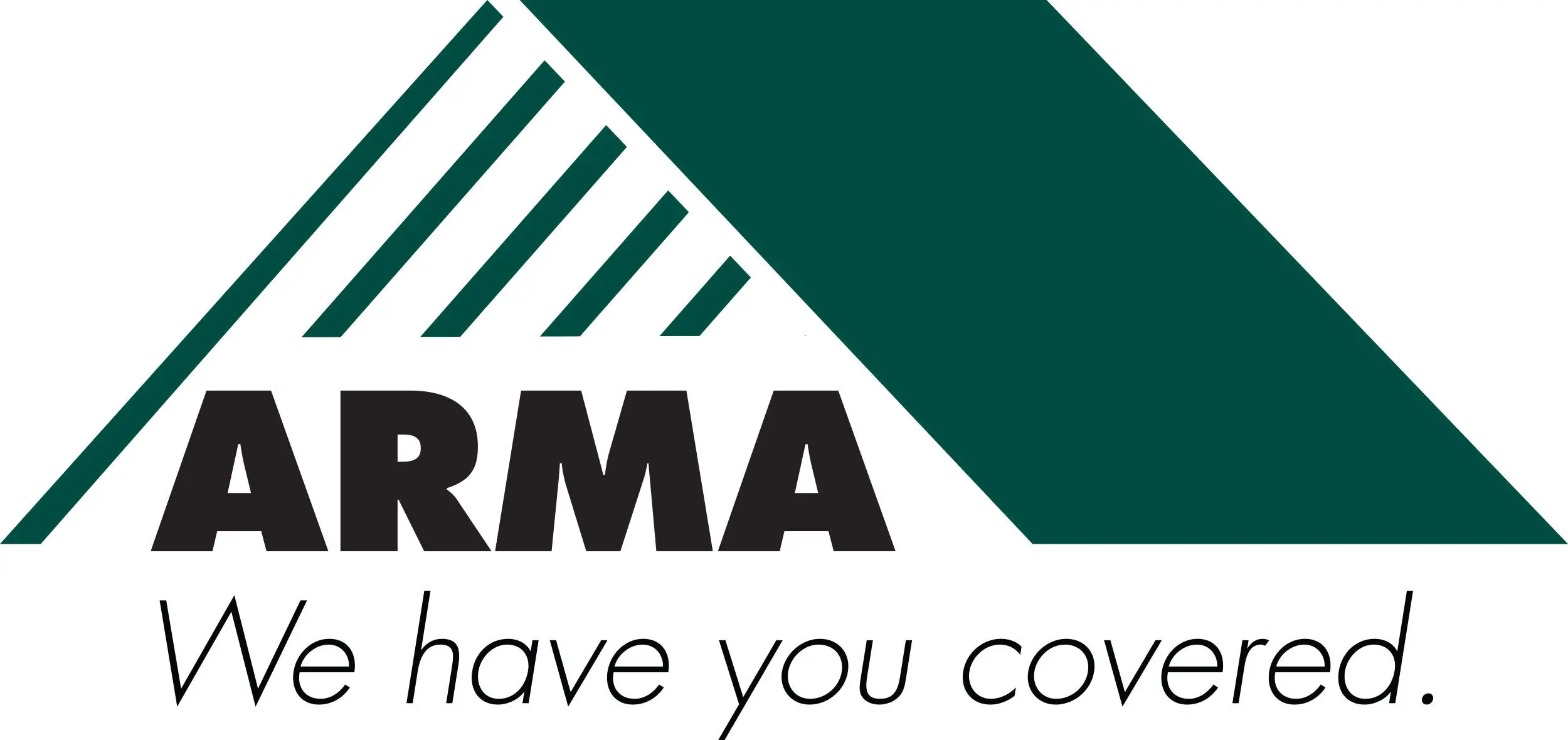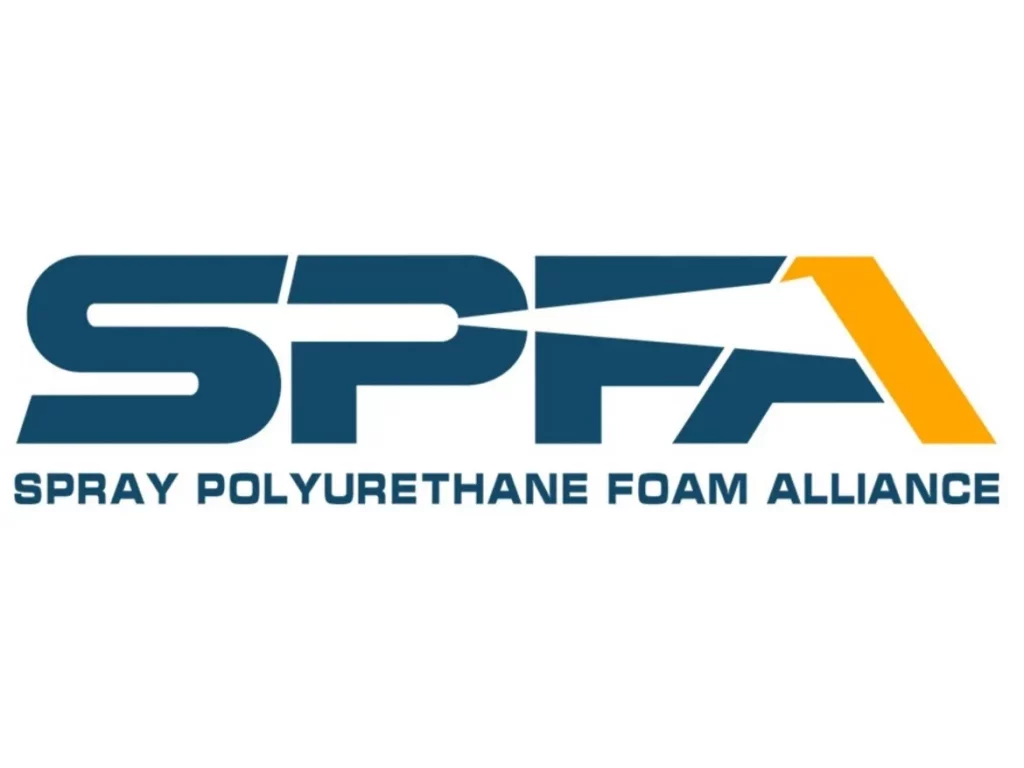Understanding Insulation Needs in Wichita, KS
Wichita, KS experiences a wide range of temperatures throughout the year, making proper insulation a necessity for energy efficiency and indoor comfort. Whether it is the heat of summer or the cold of winter, insulation plays a critical role in maintaining indoor temperatures and reducing energy costs. Homeowners and business owners alike must consider insulation solutions that offer long-term performance, air sealing, and moisture resistance.
Among the various options available, spray foam insulation has gained attention for its superior properties. Compared to traditional materials like fiberglass or cellulose, spray foam provides enhanced air sealing, moisture resistance, and energy efficiency, making it an optimal choice for properties in Wichita.
What Makes Spray Foam a Superior Insulation Choice?
Air Sealing and Energy Efficiency
One of the standout qualities of spray foam insulation is its ability to create an airtight seal. Unlike fiberglass batts or blown-in cellulose, spray foam expands upon application, filling gaps, cracks, and crevices. This prevents drafts and eliminates energy loss due to air leaks, leading to reduced heating and cooling expenses.
Moisture Resistance and Mold Prevention
Wichita’s humid summers can lead to moisture buildup within walls, increasing the risk of mold and structural damage. Spray foam’s closed-cell structure resists water absorption, reducing the likelihood of mold growth. This is particularly beneficial in crawl spaces, basements, and attics where moisture issues are common.
Longevity and Durability
While traditional insulation materials may settle or degrade over time, spray foam retains its form and efficiency for decades. It does not sag, compress, or deteriorate, ensuring a long-term solution that requires little to no maintenance.
Noise Reduction Benefits
In addition to thermal insulation, spray foam offers soundproofing qualities. It dampens external noise, making it a great choice for homes near busy roads or commercial properties that require a quieter indoor environment.
Comparing Spray Foam to Other Insulation Types
Fiberglass Insulation
- Lower upfront cost but less effective at air sealing
- Prone to moisture absorption and mold growth
- Requires frequent replacement due to settling
Cellulose Insulation
- Made from recycled materials but can settle over time
- Absorbs moisture, increasing the risk of mold
- Does not provide an airtight seal
Rigid Foam Board
- Provides good insulation but lacks flexibility
- Installation can be time-consuming
- Not ideal for irregular spaces
Spray Foam Insulation
- Provides the highest R-value per inch
- Expands to fill gaps, ensuring a complete air seal
- Moisture-resistant and long-lasting
For those looking for an insulation option that offers comprehensive benefits, spray foam outperforms traditional materials in efficiency, longevity, and overall effectiveness.
Choosing the Right Spray Foam for Your Property
Open-Cell vs. Closed-Cell Spray Foam
Spray foam insulation comes in two primary types: open-cell and closed-cell. Each has its own advantages, depending on the application and insulation goals.
Open-Cell Spray Foam
- Lighter and less dense, making it a cost-effective option
- Provides excellent air sealing and soundproofing
- Ideal for interior walls and attics
Closed-Cell Spray Foam
- Higher density and a better moisture barrier
- Offers structural reinforcement
- Suitable for exterior walls, basements, and areas prone to moisture
Understanding these differences ensures that the right insulation type is selected for your specific needs.
Professional Installation for Maximum Performance
Proper installation is crucial to maximizing the benefits of spray foam insulation. A professional installer ensures the foam is applied correctly, avoiding gaps or overexpansion that can reduce effectiveness.
Arma Coatings of Wichita specializes in spray foam insulation for residential and commercial properties in Wichita, KS. With expert application techniques, they ensure a precise and durable installation that improves energy efficiency and comfort.
Final Thoughts
Spray foam insulation stands out as the most effective solution for homes and businesses in Wichita, KS. It provides superior air sealing, moisture resistance, and long-term energy savings. When installed by professionals, spray foam ensures lasting benefits that make it a worthwhile investment.
For expert installation and a consultation on your insulation needs, contact Arma Coatings of Wichita at (316) 779-2430 or email [email protected].
Frequently Asked Questions
1. How much does spray foam insulation cost in Wichita, KS?
The cost depends on the area being insulated, the type of spray foam used, and the installation complexity. Generally, spray foam costs more upfront than traditional insulation but pays off in energy savings over time.
2. Is spray foam safe for homes with children and pets?
Yes, once cured, spray foam insulation is safe and does not emit harmful gases. However, it is important to vacate the property during installation to allow for proper ventilation.
3. How long does spray foam insulation last?
Spray foam insulation can last over 50 years without degrading, making it one of the longest-lasting insulation options available.
4. Can spray foam be applied over existing insulation?
In some cases, spray foam can be applied over old insulation, but it is often best to remove deteriorated material to ensure a proper seal.
5. Will spray foam reduce my energy bills?
Yes, spray foam significantly reduces air leakage, leading to lower heating and cooling costs. Many homeowners see a noticeable reduction in energy expenses.
6. Is spray foam insulation suitable for metal buildings?
Yes, closed-cell spray foam is an excellent choice for insulating metal buildings as it provides a vapor barrier, prevents condensation, and improves structural integrity.
7. Does spray foam insulation attract pests?
Unlike fiberglass or cellulose, spray foam does not provide a food source for rodents or insects, reducing the likelihood of pest infestations.
8. How long does it take to install spray foam insulation?
The installation time varies based on the project size. Most residential applications are completed within one to two days.
9. Can I install spray foam insulation myself?
DIY spray foam kits exist, but professional installation ensures the correct application and avoids potential issues like overexpansion or improper curing.
10. Does spray foam insulation qualify for energy rebates?
Many energy rebate programs offer incentives for upgrading to spray foam insulation. Check with local utility providers for available options.





